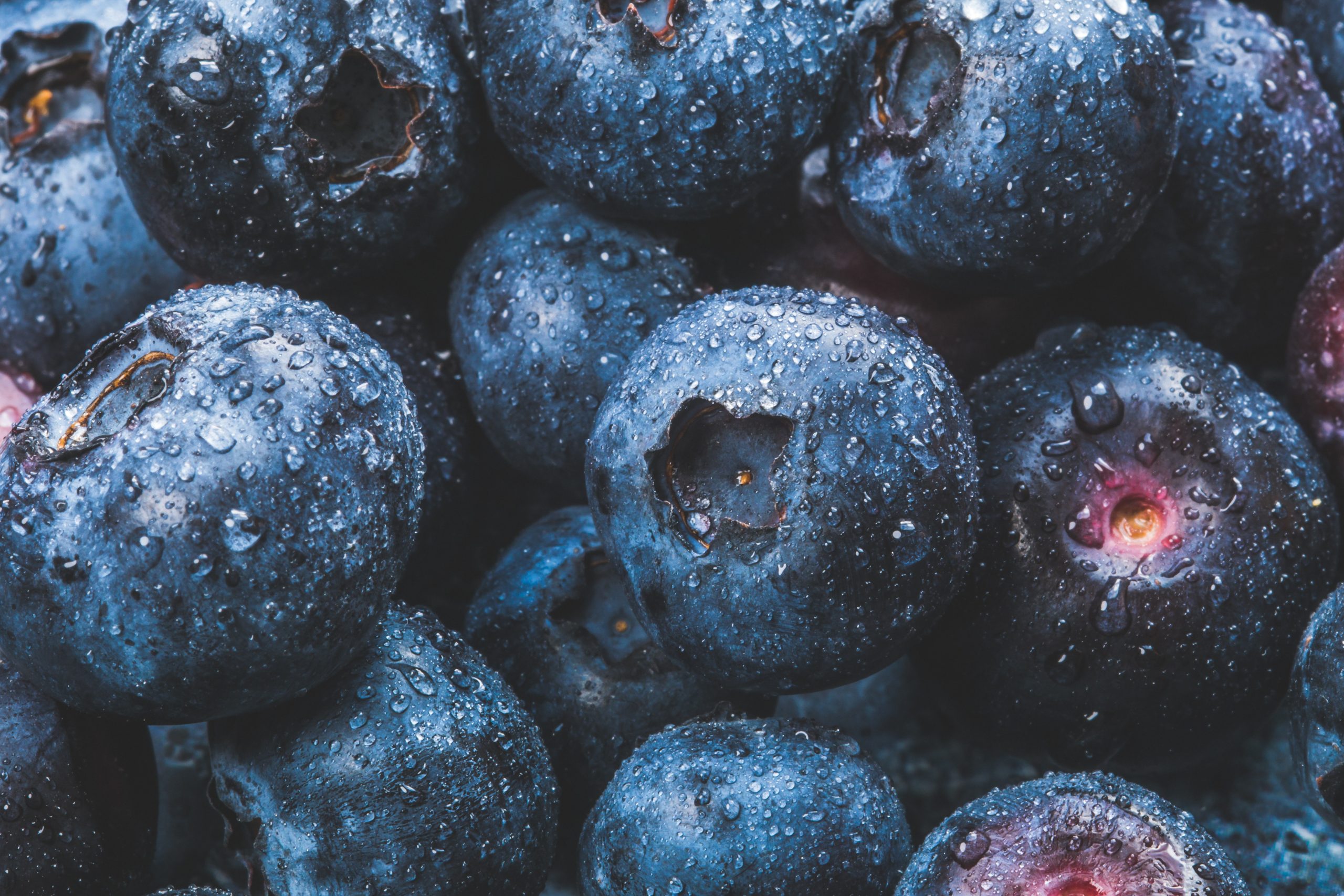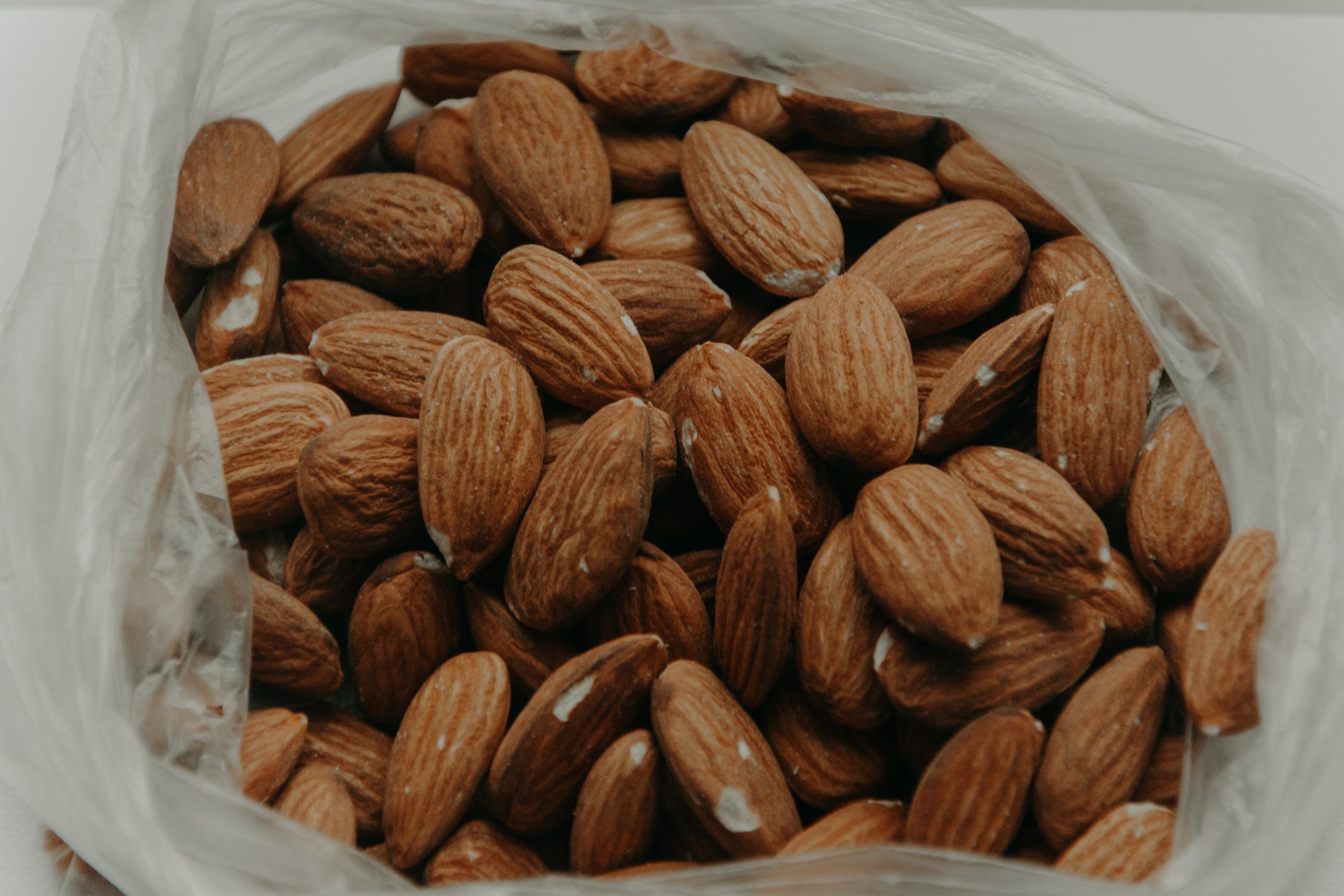
The kidneys are one of the parts of the body that most people only think of when something goes wrong. The kidneys are really very important. They remove waste and toxins from the blood. You clean about 200 liters a day and remove about 2 liters, which you then urinate. The kidneys also help regulate blood pressure, increase red blood cell production, and synthesize vitamin D.
Kidney cleansing is a popular way to keep your kidneys healthy. We’re going to talk about nine different herbs used for kidney cleansing, and in the end we’ll give you a gift. Number three is common in flower arrangements. Who knew it could help with kidney stones. Number five is not only incredibly healthy, it is also a versatile vegetable in the kitchen.
1. Chanca Piedra
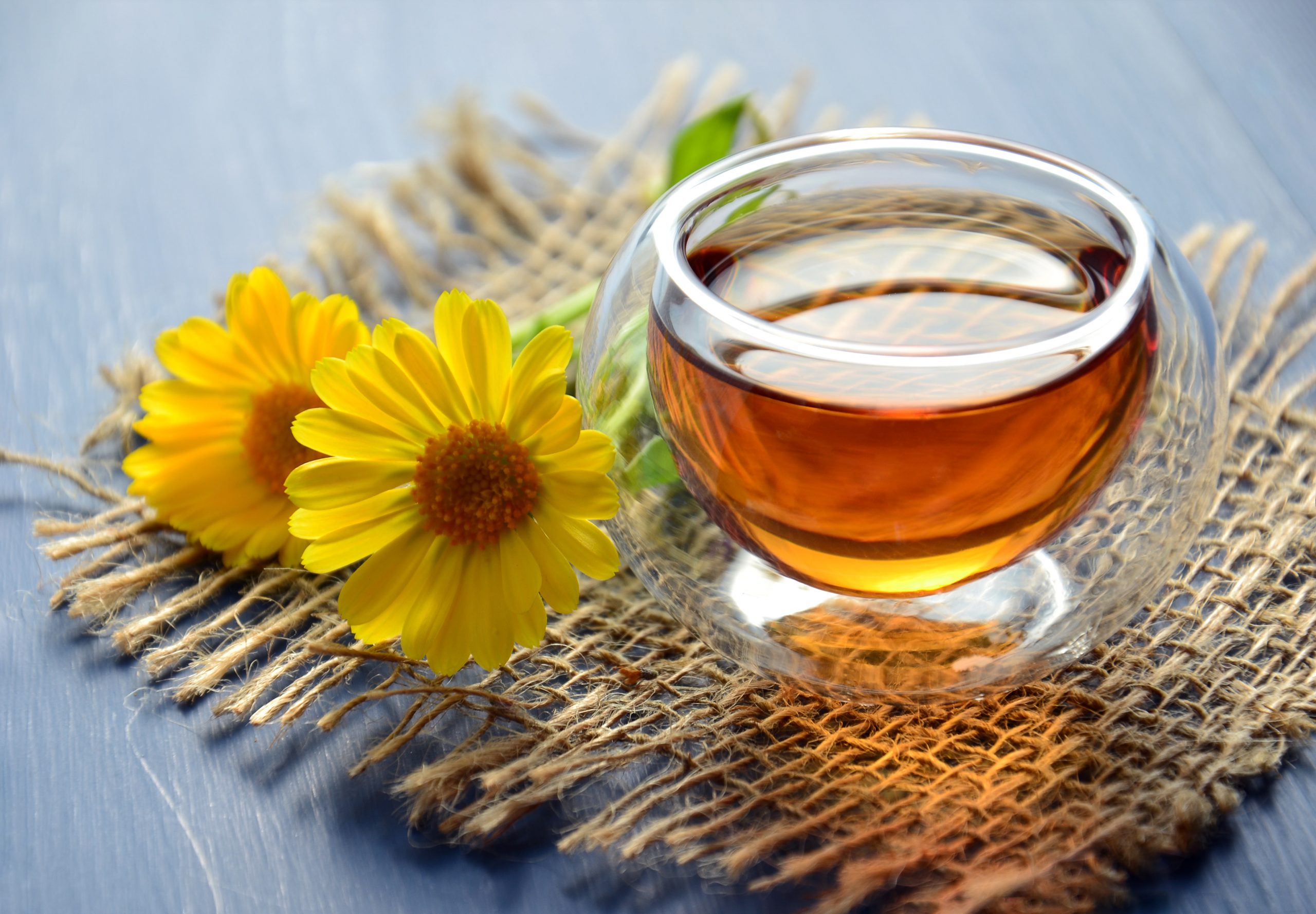
Chanca Piedra is a South American herb with clinical trials to support the claims. “Stonebreaker” is believed to help with kidney stones. It is not known whether it relaxes the urethra, removes stone fragments or increases the passage of calcium. However, it seems to be working.
Most people drink Chanca Piedra as tea. It is believed to be generally safe.
2. Goldenrod
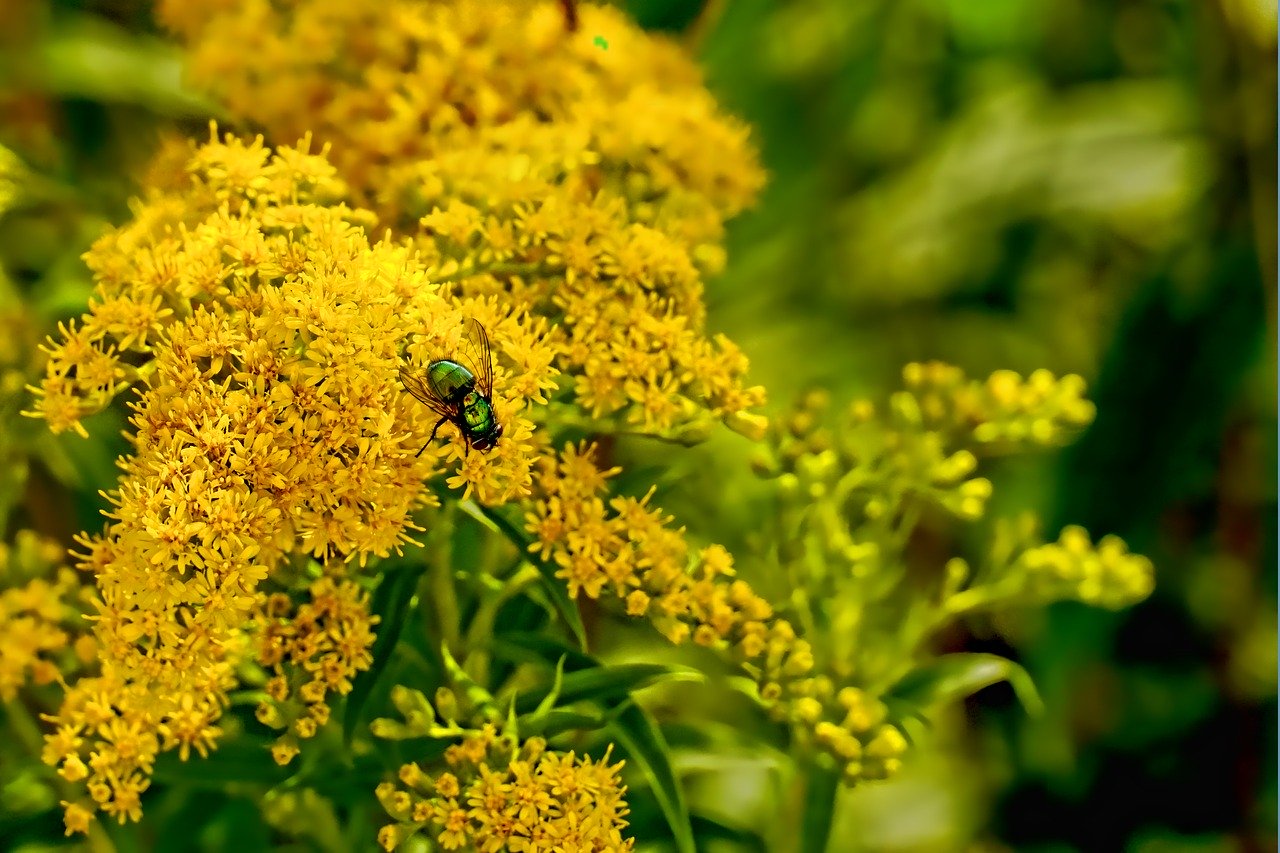
Goldenrod is used to tighten the urinary tract and detoxify the kidneys. Animal clinical studies suggest that goldenrod can reduce inflammation and fight infection, and is a diuretic.
Effective plants are Solidago species, not Verbascum densiflorum. If you are allergic to ragweed, chrysanthemums, marigolds and others, you should avoid taking goldenrod.
Goldenrod is often taken as a tea or tincture.
3. Hydrangea Root
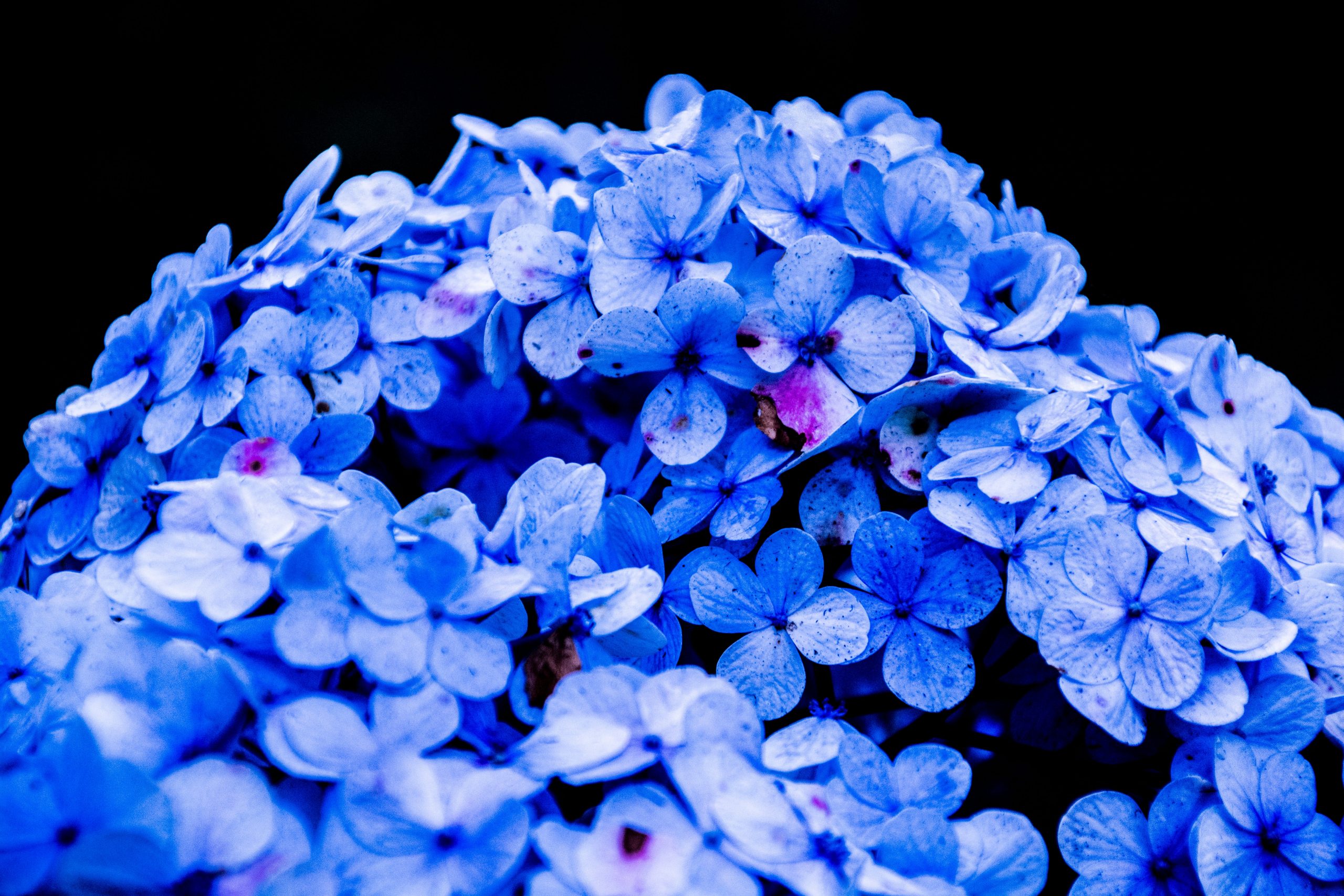
The hydrangea root is a solvent and can smooth the jagged edges of kidney stones. It also helps the body use calcium properly. There are ongoing studies on the effectiveness of hydrangea root and autoimmune diseases, diabetes and arthritis. Hydrangea root is commonly available as tinctures or dried roots in capsules.
It is believed that it is safe to take a few days, but not in the long run. The dose should be less than 2 grams each.
4. Horsetail
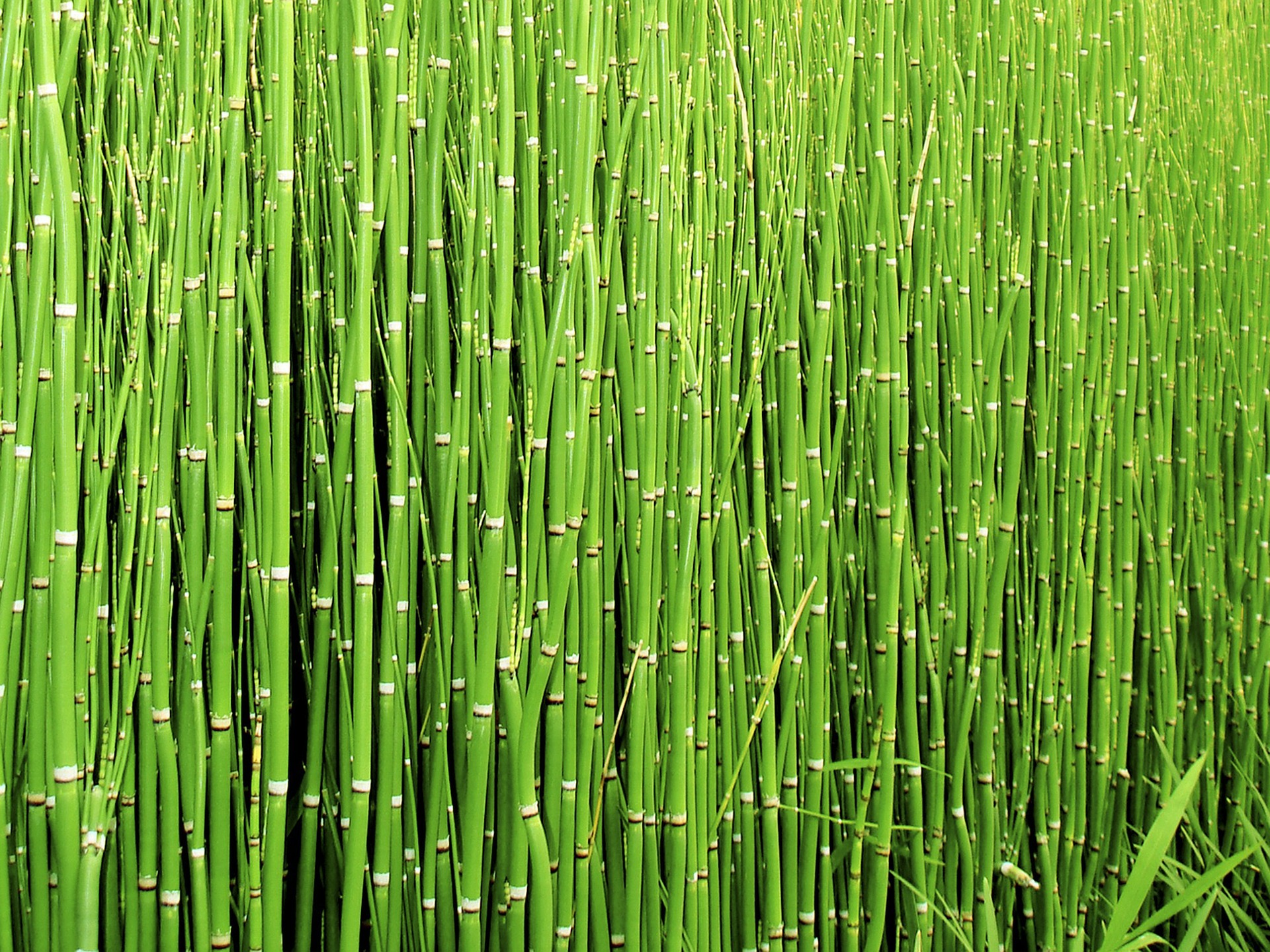
Horsetail is a diuretic and antioxidant. Horsetail is known to reduce edema, reduce kidney and bladder stones, help with incontinence and heal urinary tract infections. Supporting the kidneys can be helpful. It is generally taken as a tea or capsule.
Horsetail contains a chemical called thiaminase that breaks down the vitamin thiamine. Prolonged use can lead to thiamine deficiency. Make sure that the horsetail comes from Equisetum arvense, Equisetum hyemale or Equisetum telmateia. Equisetum palustre is known to be toxic to farm animals.
5. Celery Root
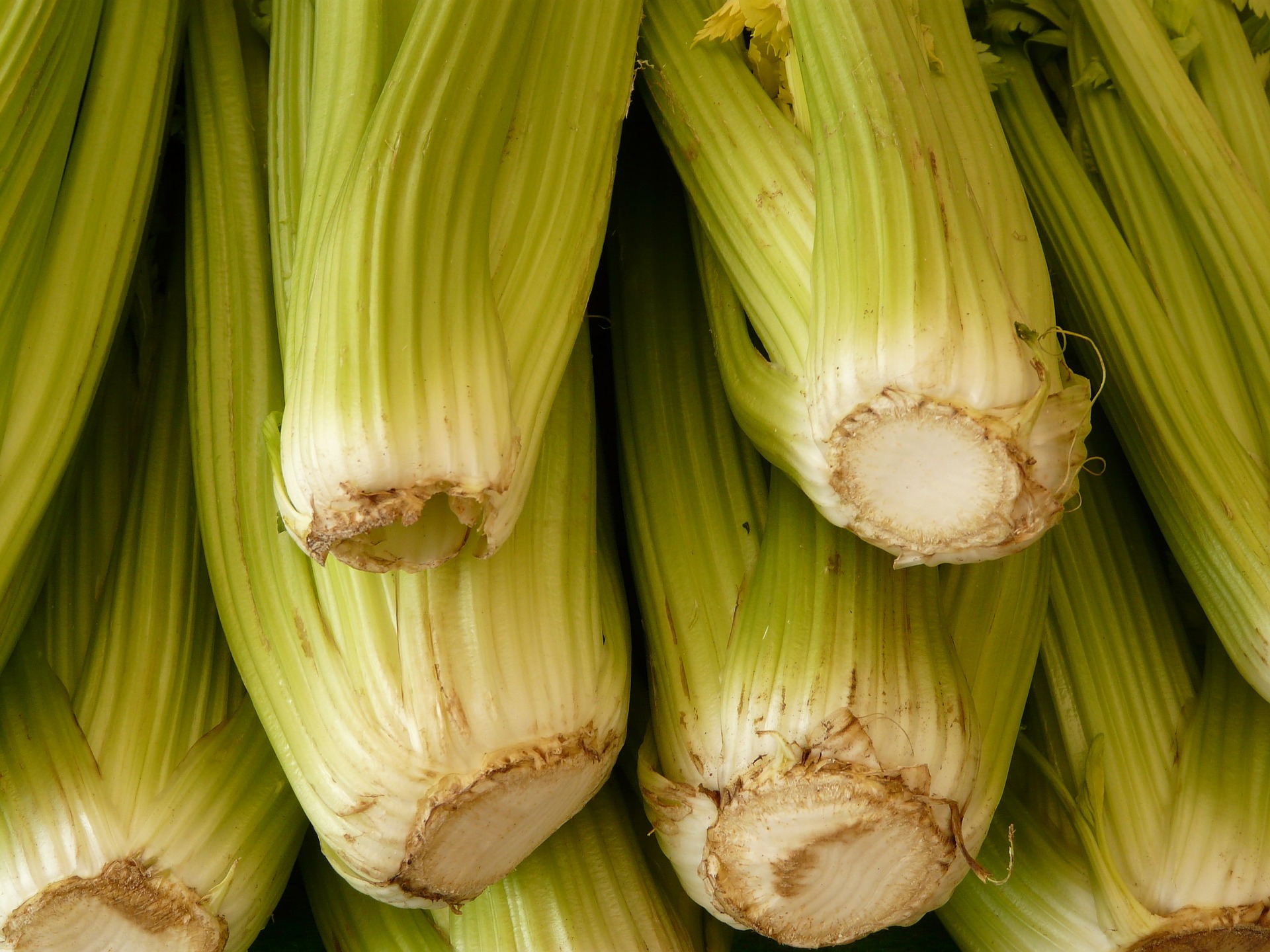
Celery seeds and celery root (celery) are diuretics. Diuretics can help flush the kidneys, and celery root is considered a stimulant for the kidneys because it contains potassium and sodium.
Celery root is edible and incredibly nutritious, or taken as an extract or capsule. It is also useful for reducing stiff joints, fighting colon cancer, and balancing blood levels in anemic people. It also helps with digestion and regular bowel movements.
If you are allergic to celery, do not use celery root or seeds.
6. Gravel Root
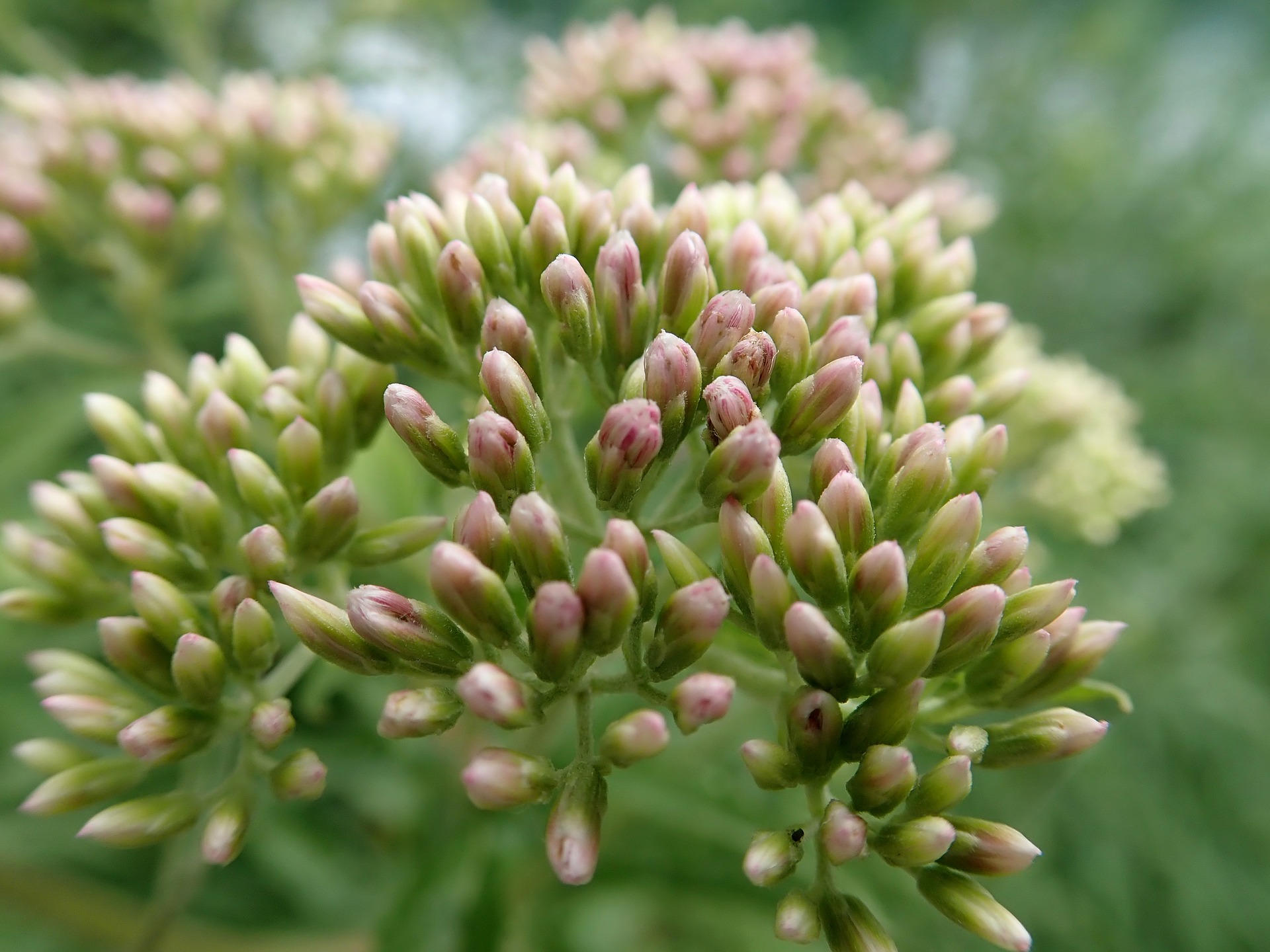
Joe Pye’s gravel or herb root is also known as kidney root because of its long association with kidney health. The gravel root contains euparin. This solvent has a strong activity against harmful organisms and can protect against kidney infections. It is also used for urinary tract infections, gout and kidney stones.
However, it contains hepatotoxic pyrrolizidine alkaloids that can cause liver damage, cancer, and birth defects. If you use gravel roots, look for “hepatotoxic PA free” on the label. Otherwise, it is considered unsafe.
7. Uva-Ursi

Uva-ursi or bearberry is an astringent that calms and tightens the urinary tract and shows signs of kidney cleansing. It has been used as a popular cure for infections. A clinical study in the UK shows that ibuprofen and Uva-Ursi alleviated mild and uncomplicated urinary tract infections without the use of antibiotics.
Uva-ursi is generally taken as a tea or capsule. Uva ursi is not safe in large doses or in the long run.
8. Marshmallow Root

Marshmallow root is used as an aroma and can soothe the tissues of the urinary tract. It is a mild diuretic and is known to soothe the mucous membranes. Marshmallow root appears to have many health benefits and is common in herbal remedies. It also has antibacterial properties and fights inflammation.
If a tea is used as a kidney cleanser, it is probably the most effective form. Marshmallow root is considered safe.
9. Dandelion Root
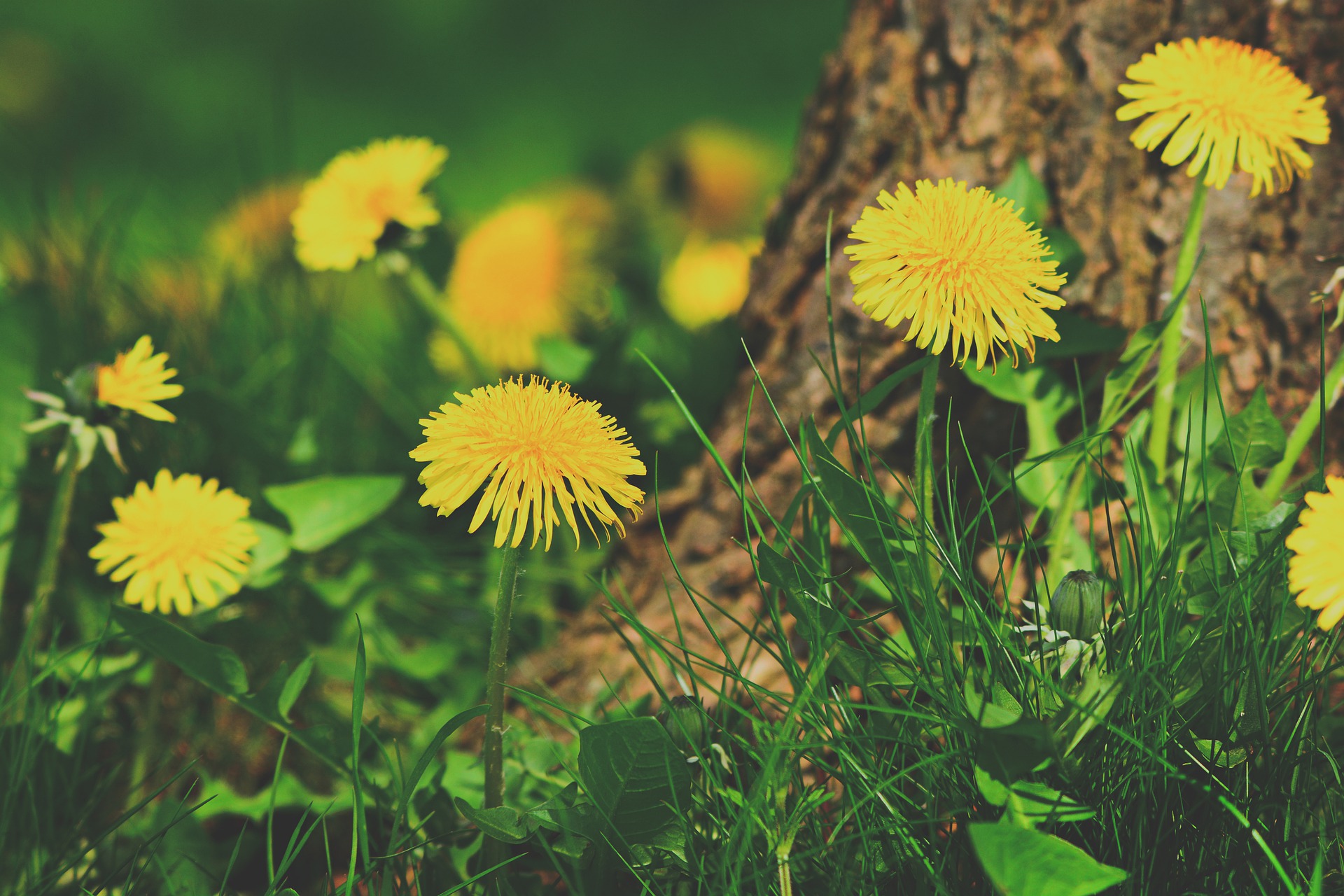
Dandelions are nutritious and have great health benefits. Dandelion root is a diuretic and the entire plant is filled with antioxidants that prevent cell damage. As a secondary benefit, it fights inflammation and helps control blood sugar, blood pressure, and lowers cholesterol.
Take it as a tea, capsule or tincture. Dandelion root is considered food safe and possibly in medicinal amounts. If you are allergic to dandelions, ragweed, daisies, chrysanthemums and marigolds, do not use this kidney cleanser.
Conclusion
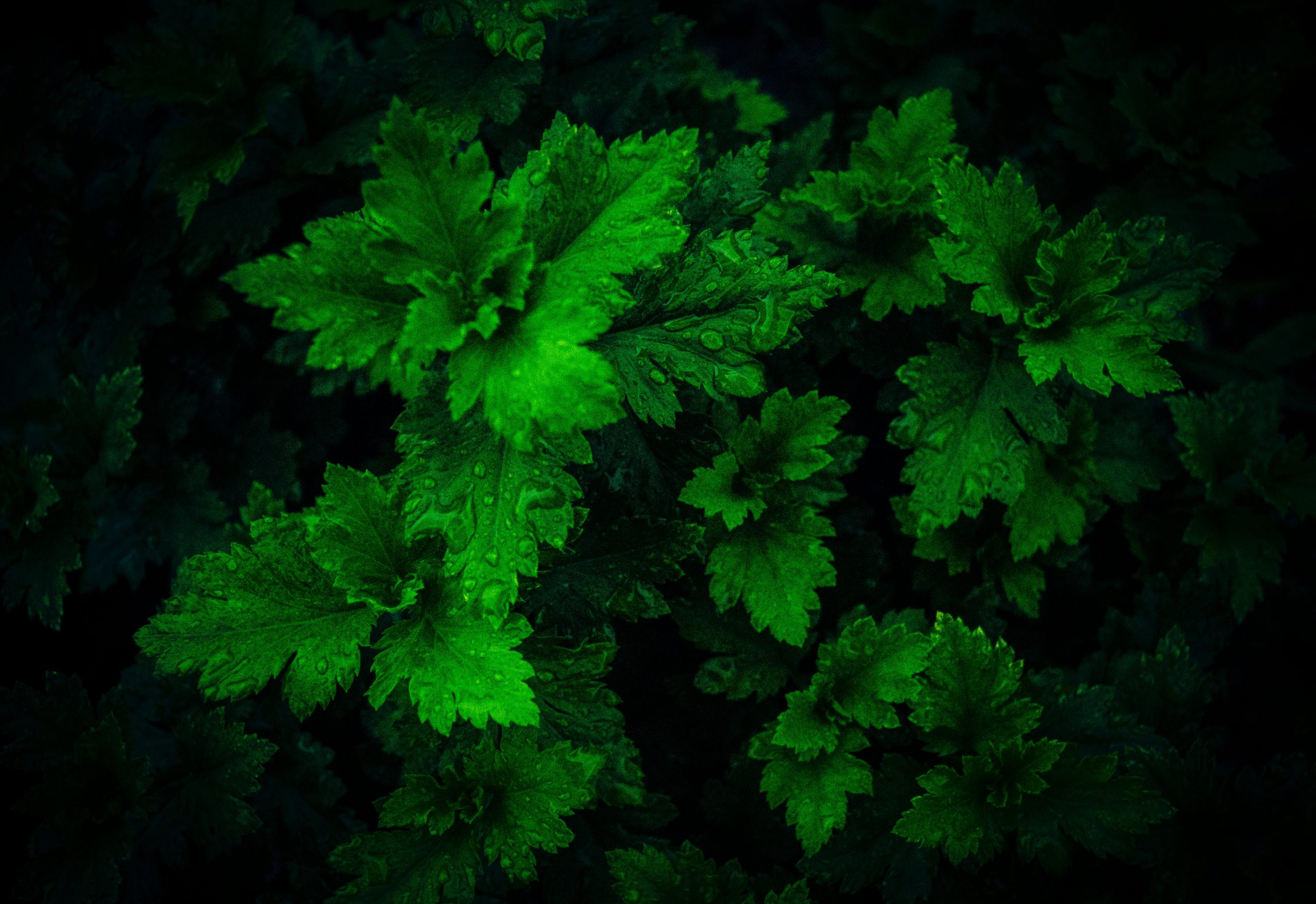
Here is the gift of grass. Parsley is not just for garnish. Chew it to refresh your breath and eat it as a diuretic. It is incredibly rich in vitamin K. Because of its vitamin K content, do not take parsley if you are taking blood hinners.
Take these herbs in moderation, as some in large doses may not be safe. Some of them, like dandelions, grow in your garden and can make a delicious salad and healthy tea. Just don’t spray with pesticides and herbicides first!
The last tip is to drink plenty of water while taking one of these herbs so your kidneys have plenty of water to work with.


